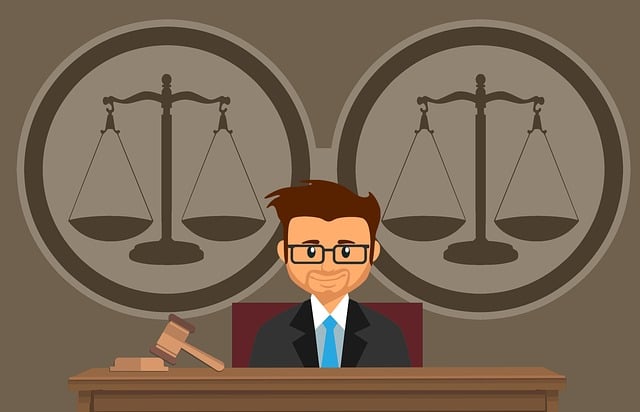Pedestrian accidents cause not only physical injuries but also significant emotional distress, often overlooked in claims. Victims may experience anxiety, depression, or PTSD, affecting daily life and compensation disagreements. Seeking legal support from a qualified auto accident lawyer is crucial to navigate this complex aspect, ensuring fair compensation for both physical and psychological trauma. Emotional distress in pedestrian accident claims is recognized as a vital component, requiring comprehensive medical documentation to secure financial support and recognition for the victim's emotional recovery.
Emotional distress following a pedestrian accident can be profound, impacting one’s mental well-being long after physical injuries heal. This article delves into the complex realm of understanding and compensating for emotional trauma in pedestrian accident claims. We explore how to assess and document psychological impacts, providing insights on seeking fair compensation for mental suffering. By examining these aspects, individuals navigating such claims can better grasp their rights and pursue justice for both physical and emotional injuries sustained.
- Understanding Emotional Distress in Pedestrian Accident Claims
- Assessing and Documenting the Impact of Emotional Trauma
- Seeking Compensation for Psychological Suffering
Understanding Emotional Distress in Pedestrian Accident Claims

Emotional distress in a pedestrian accident claim is a significant aspect often overlooked but can have profound impacts on victims’ lives. It refers to the psychological suffering and mental trauma experienced as a direct result of a pedestrian incident, going beyond physical injuries. This emotional turmoil can manifest in various ways, including anxiety, depression, fear, and post-traumatic stress disorder (PTSD).
When a person is involved in a pedestrian accident, the sudden impact and potential life-changing outcomes can lead to intense feelings. These emotions are understandable given the circumstances. The experience of such an event might trigger memories that cause distress, affecting daily routines, sleep patterns, and overall well-being. In some cases, partnership disagreements or disputes over compensation can further complicate matters, adding another layer of stress for already vulnerable individuals. Therefore, it’s crucial to seek support from a qualified auto accident lawyer who understands the profound impact of emotional distress in these claims.
Assessing and Documenting the Impact of Emotional Trauma

Emotional distress is a significant aspect to consider when navigating a pedestrian accident claim. Immediately after a collision, individuals often experience a range of emotions, from shock and fear to anger and sadness. These initial reactions are normal, but they can also be indicative of deeper emotional trauma that may persist long after the incident. Assessing and documenting this impact is crucial in any personal injury case, especially for pedestrian accidents.
Professionals in the field of psychology or mental health play a vital role here. They can help evaluate and quantify the psychological injuries sustained by the victim, which are just as valid as physical wounds. This involves thorough assessments, therapy sessions, and potentially medical records to document the trajectory of emotional healing—or the lack thereof. Such documentation is essential for building a compelling case and determining appropriate compensation in accident settlements, whether it’s for pedestrian accidents or other personal injury claims like business litigation or slip and fall incidents.
Seeking Compensation for Psychological Suffering

When dealing with a pedestrian accident claim, it’s important to understand that compensation isn’t solely about physical injuries. Psychological suffering is a significant aspect that can greatly impact an individual’s life after such an event. Emotional distress claims are recognized and rewarded in many jurisdictions, acknowledging the real and lasting effects of trauma. This includes not just the immediate shock and fear but also prolonged anxiety, depression, or post-traumatic stress disorder (PTSD) that may develop as a result of the accident.
Seeking compensation for psychological suffering in a pedestrian accident claim involves presenting strong evidence to support these emotional injuries. This can include medical records from therapists or psychologists, therapy sessions, and any other relevant documentation. Unlike contract disputes, partnership disputes, or commercial disputes where legal arguments dominate, personal injury claims, including those stemming from pedestrian accidents, focus on the victim’s well-being and recovery. It’s about ensuring that individuals affected by such incidents receive not just financial support but also recognition of their emotional journey towards healing.
Pedestrian accidents can cause significant emotional distress, which is often underreported but just as compelling as physical injuries. Understanding and documenting the impact of psychological suffering in these cases is crucial for seeking appropriate compensation in a pedestrian accident claim. If you’ve experienced emotional trauma due to such an incident, it’s important to recognize your rights and the value of your psychological well-being in any legal proceedings.






